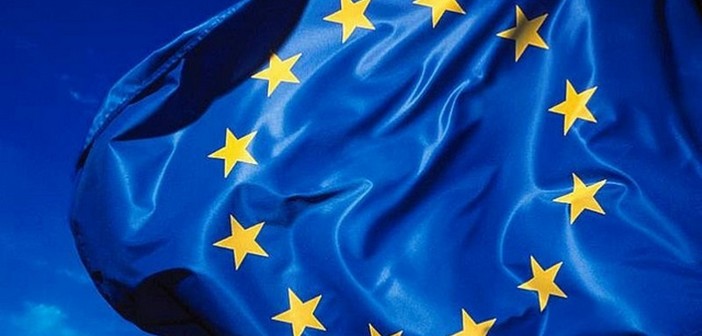Eutopia* is a think tank gathered around Eric Jozsef, a French writer and journalist based in Rome. On the occasion of today’s and tomorrow’s European Council meeting, which is set to make decisions about the advancement of European construction, an open letter on this subject was published, signed by hundreds of intellectuals and academics.
At the June European Council, you will present a critical Report on the reform of the Economic and Monetary Union, which will determine the political agenda for European integration during the current legislative period. You can build on the successes of European integration, whose core lies in pooling and sharing sovereignty through the creation of democratic supranational institutions. You should start from the lesson that the crisis has taught us: we cannot live in a single market with a single currency and yet 19 different fiscal and economic policies.
Your predecessors have already recognized that this asymmetry is unsustainable in the long term, and therefore, in the 2012 Report Towards a Genuine Economic and Monetary Union, they outlined the objectives of banking, fiscal, economic, and political union to overcome this.
European citizens expect a clear and ambitious vision of the future of Europe, detailed with a specific roadmap and timeline to achieve these new unions and a more democratic and effective European Union. Since the ECB’s action has so far calmed the markets, the EMU today resembles a lost child that no one cares about.
Since 2012, only the banking union has partially advanced due to the lack of political will from the Member States.
But the crisis could worsen if we do not progress with the other unions. It will be necessary to reintegrate emergency solutions, such as the ESM, into the EU legal framework to create a European Monetary Fund managed by one of the Vice Presidents of the Commission, who should also be the President of the Eurogroup, responsible for managing fiscal capacity and borrowing from own resources – at least for the eurozone – under effective democratic control by the European Parliament.
This is the essential and prerequisite condition for creating a European economic policy, to generate the necessary investments for economic growth and to move from solidarity between states to solidarity between citizens.
The crisis has shown us the inefficiency of mere coordination between fiscal and economic policies and the paralysis produced by unanimity. Member States today face greater budgetary constraints than members of federal states worldwide, without benefiting from a federal budget and federal policies. Consequently, Europe remains engulfed by the crisis.
The completion of banking, fiscal, economic, and political union is necessary to put the Union back on the path of stable and sustainable prosperity. Differential integration can satisfy both the need to deepen the eurozone and the desire expressed by some Member States to reduce their integration, without implying any veto right over the needs of European citizens.
Since 2008, the structural shift in American strategic orientations toward the Pacific has created a power vacuum promoting instability all around Europe, from the East to the South. From being a consumer, Europe must become a producer of security. Only states of continental size – such as the United States, China, India, Russia, Brazil – matter in the globalized world. The EU must
move towards political union with the goal of creating a single foreign, security, and defense policy, to stabilize its neighborhood and face contemporary geopolitical challenges and threats. The launch of a Permanent Structured Cooperation depends only on political will; it is not a budgetary issue, as the Euro-Plus countries have the second-largest military expenditure in the world.
President Draghi’s “whatever it takes” played a crucial role when the crisis was at its peak. Your Report should represent the political “whatever it takes” from all EU institutions. It should contain a clear and specific roadmap and timeline to complete the banking union and achieve the fiscal, economic, and political ones before the end of the European legislature. It does not matter if this involves treaty revision.
Citizens need a vision and a concrete proposal explaining how to proceed towards a Europe founded on democracy, solidarity, and subsidiarity. Nothing else can restore their trust in the Union.
The alternative is the spread of a social perception of decline conceived as
inevitable and irreversible, which can only fuel populism, nationalism, xenophobia.
Leadership quality implies responsibilities towards today’s and tomorrow’s citizens. Europeans are counting on your leadership, responsibility, and vision to bring them and their Union out of the crisis.


